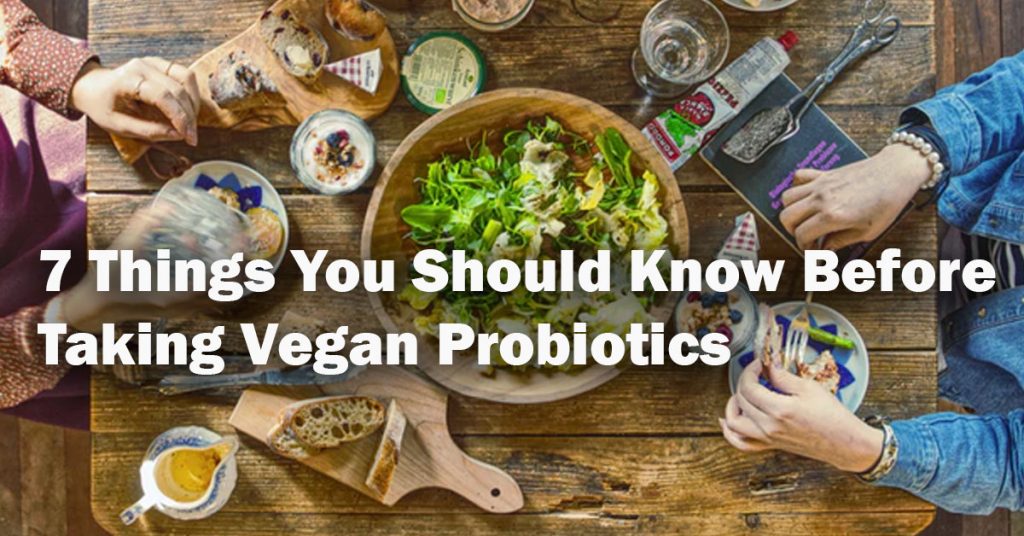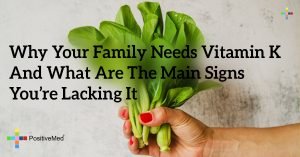Are you looking for a healthy gut? If yes, then you need to consider the consumption of probiotics. Probiotics are bacteria that lead to health benefits when you consume them like minimizing certain allergies. Vegan probiotics can be found in grocery stores and include water kefir, kombucha, pickled vegetables, kimchi, and more. But you need to know about these microorganisms before you embark on consuming them. Here are seven things you must know prior to taking probiotics.

1. Heat can Destroy Them
Even when the label of the product indicates that there are a billion CFUs, they might not all be there when you consume the supplement. Probiotics are living organisms and can die when exposed to extreme heat. If the product stays too long on a shelf or transit, the bacteria can die. Hence, in case you are running errands, buy your probiotic supplement last to prevent them from losing potency due to remaining in a hot car for long.
2. It is Critical to Pick the Right Strain
According to research, there are different bacteria in the gut, and each strain can solve a particular health problem. For instance, if you have stomach problems like constipation and bloating, go for Lactobacillus casei or lactobacillus acidophilus for the restoration of gut flora. If you are experiencing diarrhea, go for Saccharomyces boulardii.
3. Protein bar-added Probiotics May be Ineffective
Numerous probiotic strains that manufacturers incorporate in foods are chosen because they can be manufactured easily and cheaply and are safe as well. They are not necessarily the best probiotics for treating your health issue or maintaining your health.
4. Probiotics Don’t Stay in the Gut for Long
When you consume a probiotic, it does not remain in your digestive system permanently since there are other bacteria already there. After crowding out a microorganism that is causing sickness, it will pass through the gut. That is why you cannot consume too many probiotics since they will end up in the toilet. This means that you require ingesting them daily in order to enjoy their health benefits.
5. They are not Safe for All
Particular people require avoiding probiotics in supplements or foods. These include individuals with weak immune systems like cancer patients who are undergoing chemotherapy. The risks are also high in persons receiving organ transplants as well as patients whose gastrointestinal tract has gone through extraction due to infection. Any individual who is hospitalized and has central IV lines must avoid probiotics, even vegan probiotics. Other individuals include those who have abnormal heart valves since they have a risk of being infected.
6. Supplements are Costly
Probiotics are one of the priciest dietary supplements, and a single dose can cost over $1 per day. This is according to a 2013 research by ConsumerLab.com. Even more, a high price does not necessarily mean a high-quality supplement.
7. There are Mild Side Effects
When consumers initially take these supplements, there is a possibility of developing bloating and gas in the initial few days. But even when it takes place, the side effects are not severe, and they normally go away after three days of use.
Conclusion
In case you are experiencing constipation, bloating, and diarrhea, or are looking for a healthy heart and brain, then probiotics are your solution. These microorganisms are ready to consume through supplements or other food products. Hence, there is no preparation method, which means there is no reason to postpone them anymore.






